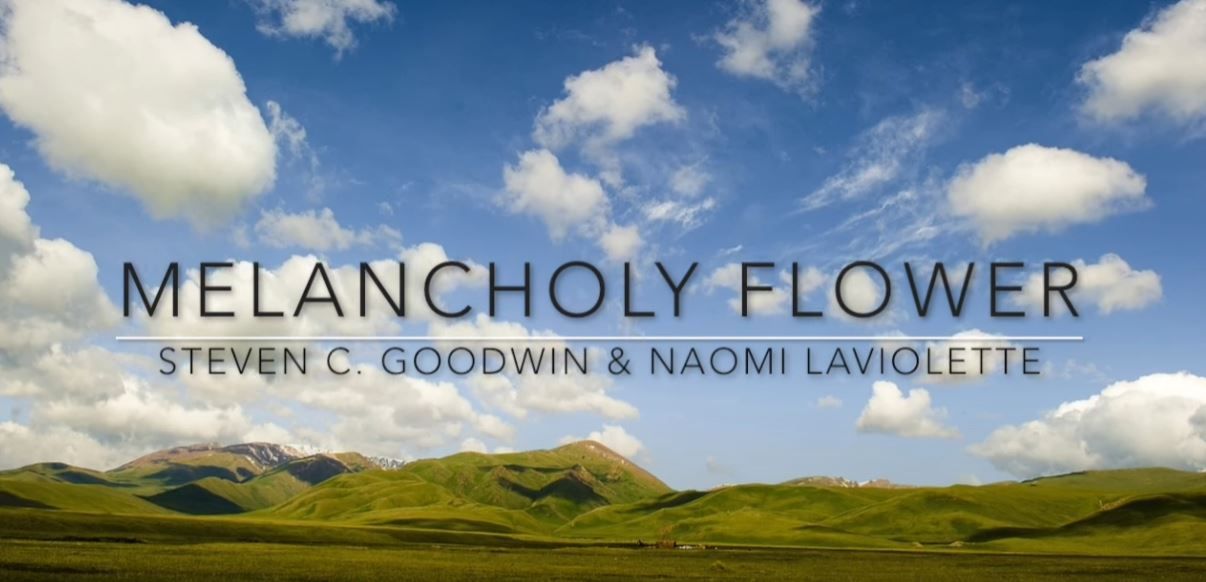Steven was a software engineer by profession — but music was his passion. An accomplished pianist, he composed marvelous pieces. His first song was a piece to impress a girl in his class. And she was impressed. They were 15. They married five years later and have been together 46 years.
Then one day he sat down at the piano to play. He started a song, but stopped. How did it go? He couldn’t remember. It happened again and again. It was the first sign that he had Alzheimer’s disease.
All those years, he never wrote or recorded any of the songs. Every note and phrase and chord progression was in his head. And soon it would be lost forever. Another piece of this husband and dad would be lost.
One day, his daughter confided to her best friend Naomi what was happening to her father. Naomi was an extraordinary musician and pianist: she possessed the rare of gift of being able to hear a piece of music once and play it. She offered to work with her father to reconstruct his music.
After much prodding, the father agreed. And so they went to work. Each time they met, he would play whatever notes he could remember and she would play them back; she would suggest various paths and would begin reconstructing the piece. She immediately understood his music — she found hints of themes, counter themes, harmonies and rhythms. She found his music beautiful — and worth saving.
For two years they worked together every other week. With the help of some of her musician friends, they recorded a CD of his music. She also convinced him to compose one last song. With her help, he composed a piece called “Melancholy Flower.” The Oregon Repertory Singers included it in their 2016 Christmas concert. For the first time, one of his songs would be performed in public.
Despite all that Alzheimer’s had taken from him, the music of his soul would live on.
The compassion and dedication of a young musician helps preserve the music locked in the brain of its composer suffering from Alzheimer’s. Her work is the work of Easter: to open up tombs; to restore life to the lost, the despairing, and the forgotten; to free the dead from the shackles of hopelessness.
Easter’s empty tomb is the blessed hope that the Good Fridays of grief and devastation that we all experience are not the end, but can lead to new, refocused and transformed lives. The “nail marks” do not disappear nor are they forgotten, but God’s wisdom and compassion takes hold in our souls. And we are changed. The empty tomb of Easter morning is God’s vindication of his Son’s life among us: that humankind’s sins of selfishness, greed and hatred are not the last word, that Jesus’ spirit of compassion, reconciliation and justice will triumph over death, that no tomb can contain the mercy and hope of God. May we be about the work of Easter: to unlock the music of God’s peace in our lives that have too long been entombed by fear, anger and hurt.
Father of unfathomable compassion; re-create us in the love you loosed upon the world in the passion, death and resurrection of your Son. May the light we behold this night illuminate all of our darkest nights; may the empty tomb be our hope that we can rise from the sadness and despair that entomb us; may we know your Risen Son’s walking in our midst in the love and forgiveness of family and friends.
= = = = =
to listen to a recording of Melancholy Flower – click on the image below.
